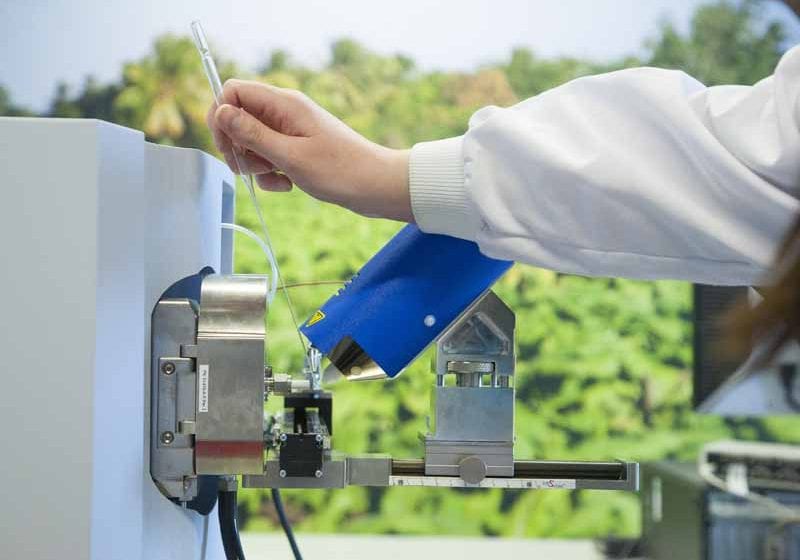British American Tobacco says that its commitment to working to enable prosperous livelihoods for all farmers who supply its leaf tobacco is the focus of its latest report: Sustainable Agriculture and Farmer Livelihoods.
‘This new report provides an overview of how BAT invests over £60 million each year in advancing sustainable agriculture, through its global leaf research and development, and supporting farmers through a network of expert field technicians,’ BAT said in a note posted on its website today.
‘It also shows how the group is managing and monitoring supply chain risks and opportunities through global programs; and how it is working in multi-stakeholder partnerships, including the Eliminating Child Labour in Tobacco Growing (ECLT) Foundation, to solve complex problems and long-term issues in farming communities.’
Chief executive Nicandro Durante was quoted as saying that BAT had been working in partnership with tobacco farmers for more than a century. “Over that time, we’ve evolved our approach to take advantage of new opportunities, focused on creating value for the future of our business and the farmers we work with,” he said.
“We understand that there are many challenges facing agriculture and rural communities, so our work also includes multi-stakeholder projects that aim to enhance livelihoods, protect human rights and lessen the environmental impacts of agriculture.”
The press note then went on to say that leaf tobacco remained at the core of BAT’s products, so the farmers who grew it were at the heart of its supply chain.
‘British American Tobacco sources tobacco leaf from 350,000+ farmers in 34 countries, which includes 90,000+ directly contracted by BAT leaf operations and 260,000+ contracted by our third-party suppliers,’ the press note said.
‘This report provides an in-depth look at how BAT is implementing its sustainable agriculture objectives to ensure the continued success and long-term security of our business and, crucially, to fulfilling our role in wider society to support farmers and their communities, now and in the future.’
The press note said that highlights of the report included:
- ‘A viewpoint from Alan Davy, BAT’s group operations director, in which he responds to challenging questions and explains why supporting sustainable agriculture remains such a priority.
- ‘An independent stakeholder viewpoint from Professor Dr. Heiko Hosomi Spitzeck, director of the Center for Sustainability at Fundação Dom Cabral, Brazil, which has been recognised as the best business school in Latin America for 11 consecutive years by the Financial Times.
- ‘Information on BAT’s Global Leaf R&D which develops improved seed varieties to increase farmers’ yields by up to 20 percent, as well as new and innovative sustainable farming technologies, such as drip irrigation which increases water efficiency by up to 90 percent.
- ‘Details of BAT’s global Thrive program which takes a holistic and collaborative approach to identifying and addressing long-term challenges that have an impact on the livelihoods of farming communities and the sustainability of agriculture.
- ‘Since 2011, through the work of the industry’s ECLT Foundation, 162,000 children have been removed or kept away from child labour and 455,000 community members have been reached through awareness-raising activities.
- ‘The company’s Florece child labour prevention program in Mexico, in partnership with the government and other local stakeholders, which has helped 14,400 children since 2001.
- ‘100 years of supporting farmers in Brazil and UN recognition for the company’s program to inspire a new generation of Brazilian farmers.
- ‘75,000 beneficiaries in 19,000 rural families who have been empowered through the Sustainable Agriculture Development Programme in Sri Lanka.
- ’75 million trees planted through a long-standing afforestation program in Pakistan, and 78,000 Pakistanis in rural communities treated for free each year by Mobile Doctor Units.
- ‘The results of an independent impact measurement study of the company’s community programs in Bangladesh, which found that its water filtration units have reduced the number of people suffering from waterborne diseases, from 32 percent down to 0.3 percent.’
The report is at: www.bat.com/sustainabilityfocus.











